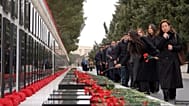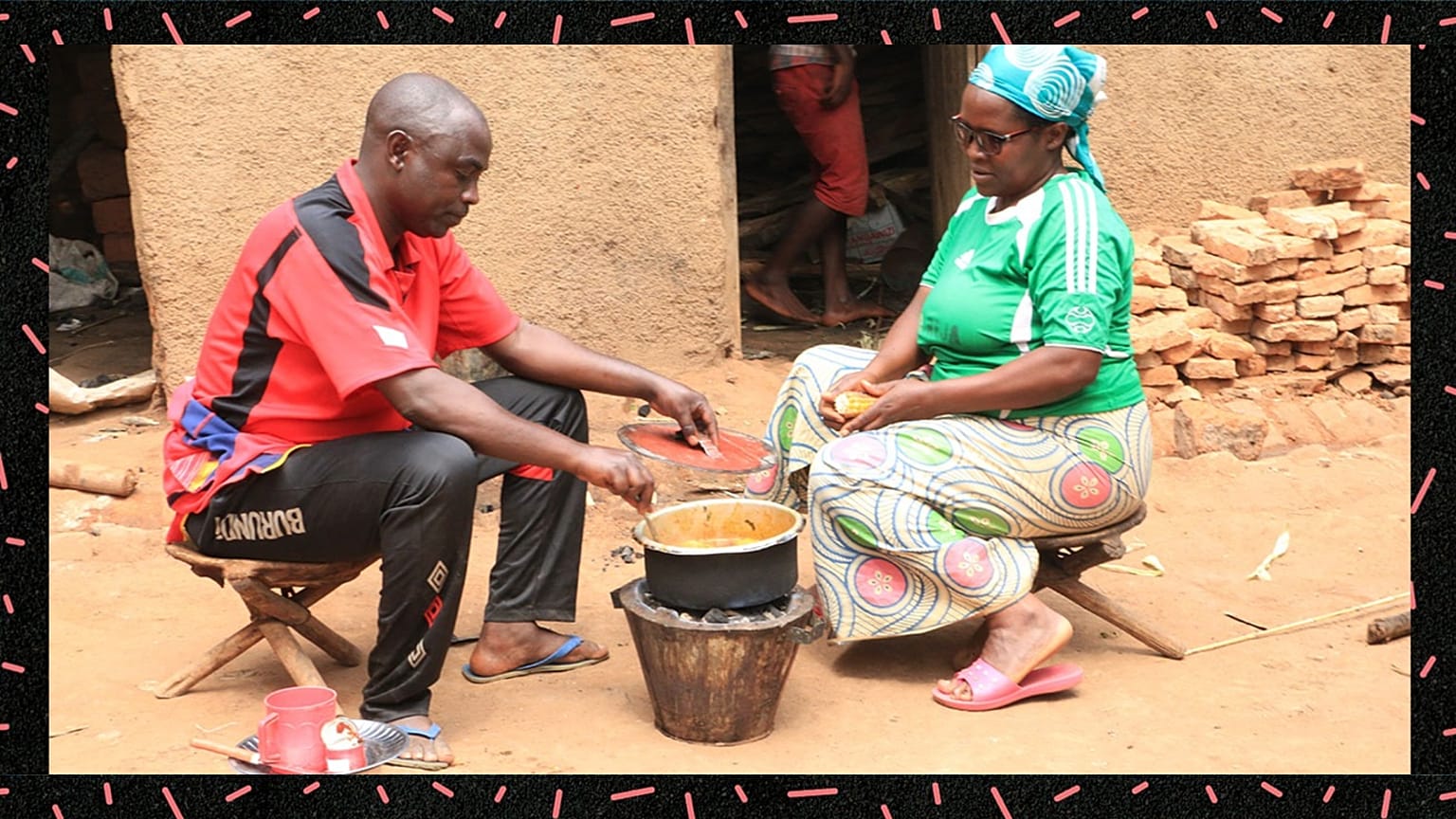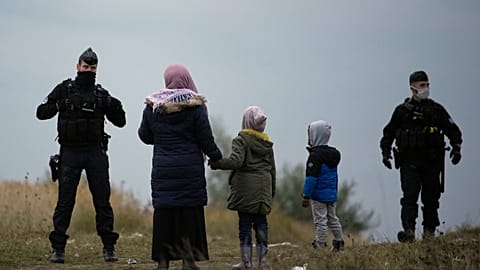They live in a happy marriage now. But ten years ago Faustin was a raging abuser. Watch this video to find out what made him stop being violent to his wife and create the Abatangamuco, “those who shine light” in Kirundi.
“He calls me darling. Before, he couldn't even pronounce my name properly. Today, it's "darling", Leoncie Nduwimana talks about her husband with unmistakable tenderness in her voice.
Ten years ago, things were different. Three months into their marriage, Burundian farmer Faustin Ntiranyibagira turned from her charming prince into a raging abuser. “He made me suffer all the violence that exists”, she says.
But unlike most stories of abuse, this one had a happy ending, because something happened that made Faustin want to change himself and change other men around him.
This video is part of Cry Like a Boy, an original Euronews series and podcast that explores how the pressure to be ‘a man’ can hurt families and entire societies, and how changing this mindset brings about positive changes for all. Stay with us as we travel across the African continent to meet men who are defying centuries-old stereotypes.
This episode comes to you from Burundi.
In it, Bujumbura-based journalist Clarisse Shaka explores the world of the Abatangamuco movement, which seeks to engage men for the sake of empowering women. “Abatangamuco” means “those who shine light” in the Kirundi language, which is spoken by most Burundians.
In 2017, the UN put Burundi in the 185th place on the Gender Equality Index.
There are no comprehensive statistics on gender-based violence in the country. However, in 2017, the United Nations Programme on HIV and AIDS (UNAIDS) published a report that collected available data from local organisations which showed that the number of crimes against women, including homicides, had increased by 150 percent in 2015, and 200 percent in 2016.
Listen to the podcast in the players below.
Subscribe to Cry Like a Boy on any podcast platform of your choice.
Follow our journey on Euronews and share with us stories of how you changed and challenged your view on what it means to be a man. Use the hashtag #CryLikeaBoy.
If you’re a French speaker, this podcast is also available in French: Dans la Tête des Hommes.




















